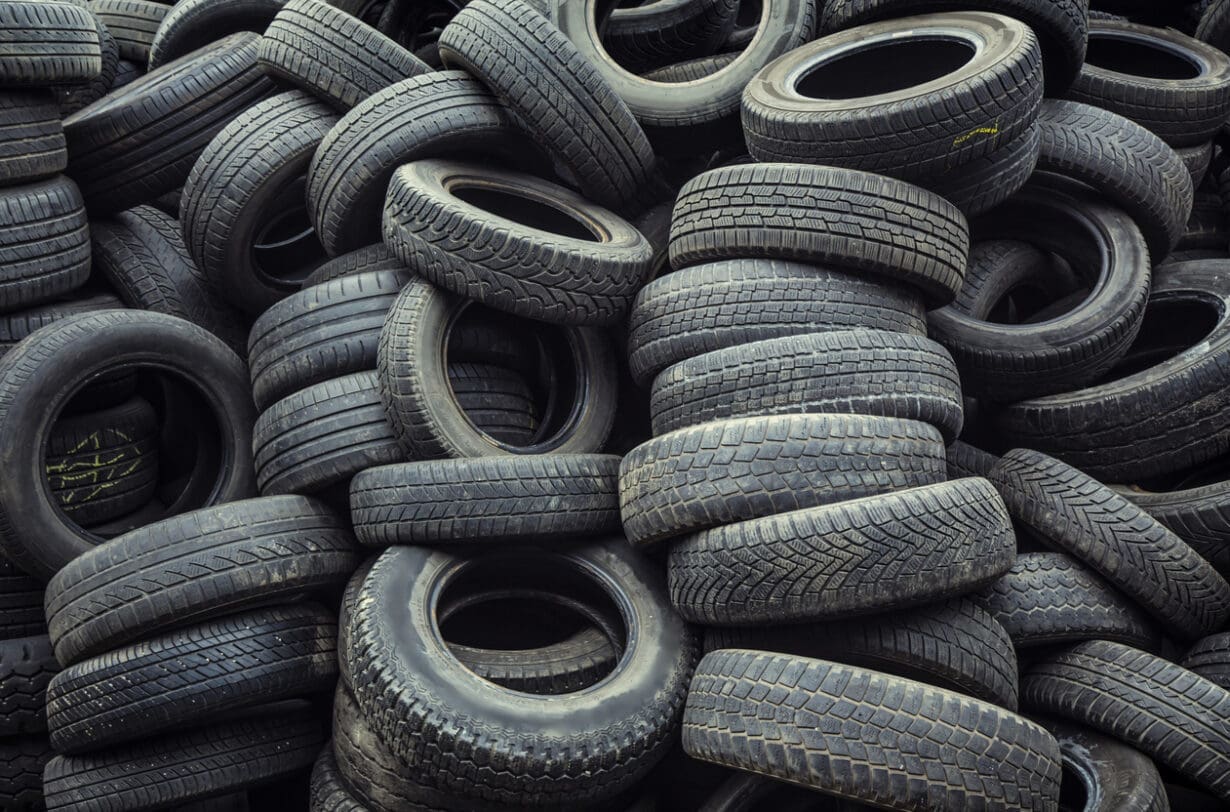A Chilean start-up is recycling old tyres into components for lithium-ion batteries.

Valparaíso-based start-up T-Phinte has revealed how it is able to recycle worn out old tyres into battery components, cutting down on a huge environmental problem.
Tyres can take anywhere between 500 to 1000 years to decompose, and millions end up in landfill every year.
However, T-Phinte have revealed what they do to reduce this environmental impact. The project uses carbon black, a byproduct of tyre recycling, to produce graphite used in lithium-ion batteries.
So how does it work?
As you may know, tyres contain carbon black, which is a petroleum byproduct used for improved durability and to give tyres their colour. As tyres decompose, they release carbon black.
In a nutshell, by capturing these carbon black emissions, hard graphitic carbon can be obtained, and then used as the raw material for the anodes of lithium-ion batteries.
T-Phinte claims to have validated this graphite in button cells and 18650 type batteries (those used by Tesla).
Traditionally, graphite has been obtained via mining, which has its own environmental impact. If graphite can be obtained from recycled tyres, the need to take it from the earth is reduced, while also removing a polluting element from the environment.
Demand for lithium-ion batteries is only expanding as electric vehicles grow more and more popular. Therefore, we are seeing an increased need for graphite production. The solution proposed by T-Phinte could provide a solution for meeting that demand while also tackling tyre waste.
The project by T-Phinte aims to satisfy 35% of the demand for graphite through recycled tyres by 2035.


